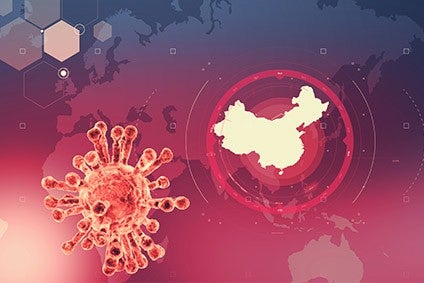
Supermarkets in Italy will stay open through the coronavirus crisis, with a government official saying the country’s food manufacturers are working flat out to ensure supplies.
The assurances came despite tough new prevention measures imposed across Italy on 11 March to slow the spread of Covid-19. A day later, all commercial activities were closed until 25 March, including bars and restaurants, with only deliveries to homes allowed as regards to foodservice.

Discover B2B Marketing That Performs
Combine business intelligence and editorial excellence to reach engaged professionals across 36 leading media platforms.
And while manufacturing across most sectors has been reduced to a minimum, with strict health checks and protocols in place to protect factory workers, the government has guaranteed supply chains for the agri-food and health sectors will stay operating at capacity.
There is no risk to national food supplies, Ivano Vacondio, the president of Federalimentari, told just-food. “[Our food manufacturers are] working together and relentlessly to ensure food production and supplies, which are absolutely not at risk because raw material supplies are not at risk either, not even those sourced from other European countries.”
But while food and drink sales in Italy’s mass-market segment have grown since the start of the crisis, food producers and processors may still suffer from a drop in demand associated with the closure of restaurants, bars and agri-tourism services, said Lorenzo Bazzana, the chief economist at Italy’s farmers’ association. Add to that the decline in orders for Italian goods from foreign retailers, he said.
According to a survey from a local pollster, the Coldiretti-IXE Institute, released on 9 March, 53% of Italian agri-food companies had received cancellations in orders from abroad since the start of the Covid-19 outbreak in Italy.

US Tariffs are shifting - will you react or anticipate?
Don’t let policy changes catch you off guard. Stay proactive with real-time data and expert analysis.
By GlobalDataSo far, there are no restrictions on food, drink or any other commercial goods being shipped from Italy via road, sea, rail and air. However, there are delays along borders with certain countries, confirmed a spokesperson for Italy’s ministry of agricultural, food and forestry policies (MIPAAF).
For example, on 12 March, trucks were trapped in a kilometre-long waiting line at the Brenner Pass, located on the Austrian-Italian border, where Austrian officials have set up health-check points for Italian drivers.
Coldiretti has warned that a border block on transported goods would do significant damage to the sector since almost two thirds (63%) of Italian agri-food exports, valued at EUR44.6bn (US$50bn) in 2019, were destined for the European Union, and most of thsse are shipped by road.
Further more, Coldiretti and the national fishmonger’s association, Impresapesca, sounded the alarm on 12 March over the paralysis of the Italian fishing sector, which includes 12,000 companies and 28,000 workers, mostly in the fresh fish department.
The temporary closure of commercial and wholesale fish markets and restaurants in Italy, along with a preference among Italian consumers for frozen fish bought from supermarkets during the crisis, has forced fleets in the regions of Puglia, Calabria, Tuscany and Latium to stop fishing.





